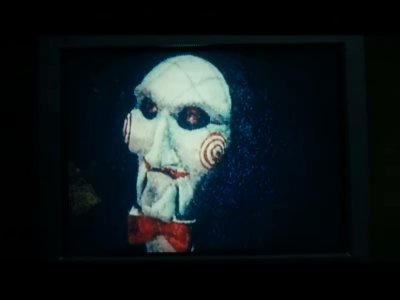The chapter starts off giving a some what definition of role models and gives at least two pages of examples in the media. Then, it goes on to talk about the "girl power" role models of the Spice Girls and Destiny's Child. It mentions how each of these groups brought forth a feeling of self independence and self worth in a male dominated culture. However, it also mentioned how these groups used their sexual side to sell records, which could be negative for the young ones understanding. The chapter also talks about the male aspect of role models (yet also only focuses on the music role models again). Gauntlett goes on about the wide variety of male music orientate role models and how they can go from tough and thuggish (like Eminem, Dr. Dre, Busta Rhymes), to squeaky clean boy bands (N'Sync, Backstreet Boys, etc), and can also be pretty unmanly as well (David Bowie, Boy George, Robert Smith of The Cure, etc).
The chapter also talks about the different kinds of role models that Gauntlett describes. I am a little disappointed that Gauntlett only talked about role models in music, since there are many more role models that don't even really exist. This brings me to my case-in-point.
Ever seen this guy before?

If not maybe your more familiar with his puppet.

Yes, this is Tobin Bell as the serial killer known as Jigsaw from the series of horror films called Saw. The rest of my blog will most likely be a spoiler so if you want to watch it, watch and get back to me.
Anyway, the whole idea of Jigsaw is that he put each person in a rather gruesome trap or "game" as he calls it. Each one basically causes the person to do some horrible deed to themselves or others so they may survive. It is pretty messed up but it is Jigsaw's idea that people take life for granted and cannot appreciate it at all. Therefore, by putting them through these games he teaches them to live. "Live or die, make your choice."
So, how can he be a role model? Surprisingly throughout the series, he actually gets two followers who try to do his work. While he may be a bad role model, it does point out how not all role models are good. We can get the idea that life is something that should be cherished from Jigsaw, yet at the same time we should not emulate him as well (really, that would be seriously messed up). This is what I think was something that was left out by Gauntlett. That while music stars are where we focus some of our role models, there are still outside examples like Jigsaw. Also, that there should be lessons learned or taught by the role models, not to live like them. Brings new meaning to "do what I say, not what I do."
first image from http://www.moviesonline.ca/movie-gallery/albums/Saw_III/saw3-6.jpg
second image from http://valuesatplay.org/wp-content/uploads/2008/02/saw-iv.jpg

No comments:
Post a Comment